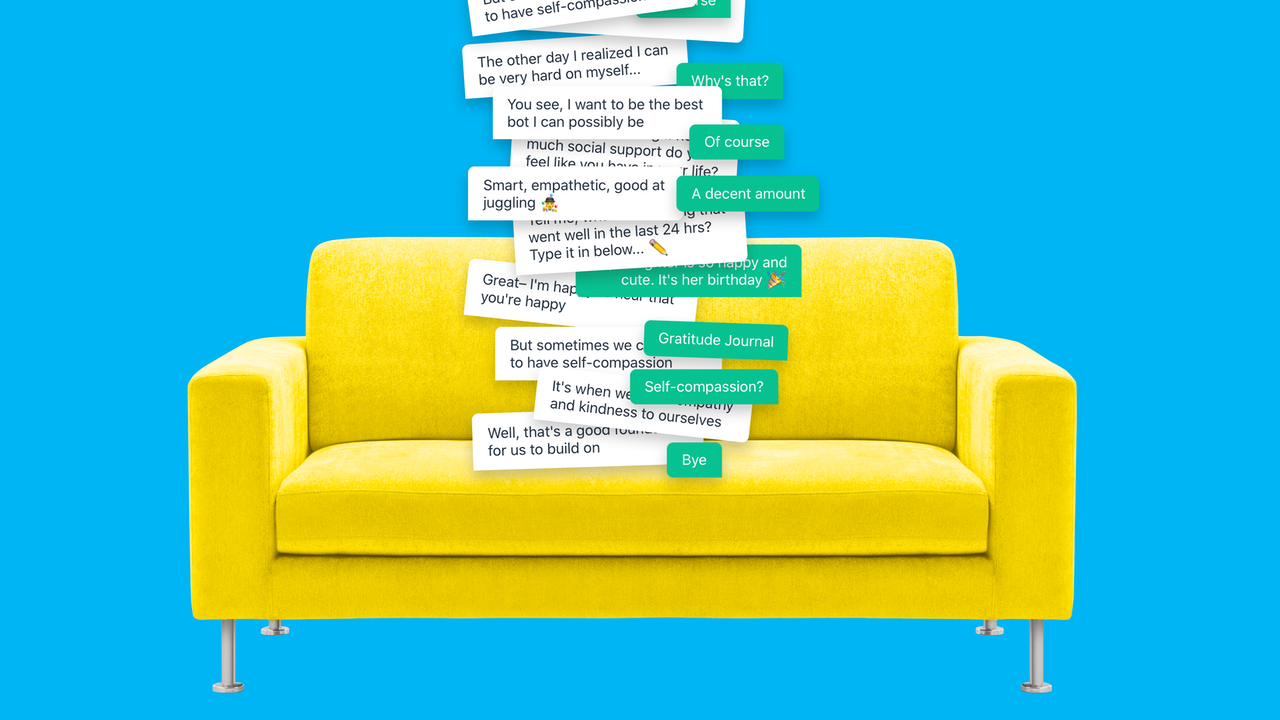
Mental health is a brave new frontier for artificial-intelligence and machine-learning algorithms. AI tools will allow mental-health providers to “optimize patient care on the basis of each individual’s unique history, symptoms, needs, financial constraints and preferences,” says James Lake, a California psychiatrist. As mental disorders rise, the cost to the global economy is projected to be $16 trillion over the next decade.
Spring Health matches employees to health professionals using big data to diagnose mental conditions. Some large companies including Gap and Amazon’s Whole Foods use Spring Health’s technology for their employees. CBT-based chatbots have been shown to reduce depressive episodes in users after just two weeks of daily interaction. One of every five adults in the US experienced mental illness in 2018, according to the US Department of Health and Human Services.
World Health Organization reports that one in four people globally will suffer from psychological distress at some point in life. Many rural counties have no mental health professionals. Virtual therapists present a unique solution for people who are resistant to therapy. The AI in the virtual human, in turn, is designed to sense a person’s intonation, movements and gestures for clues to their mental state.
AI therapists may eventually become your mental health care professional